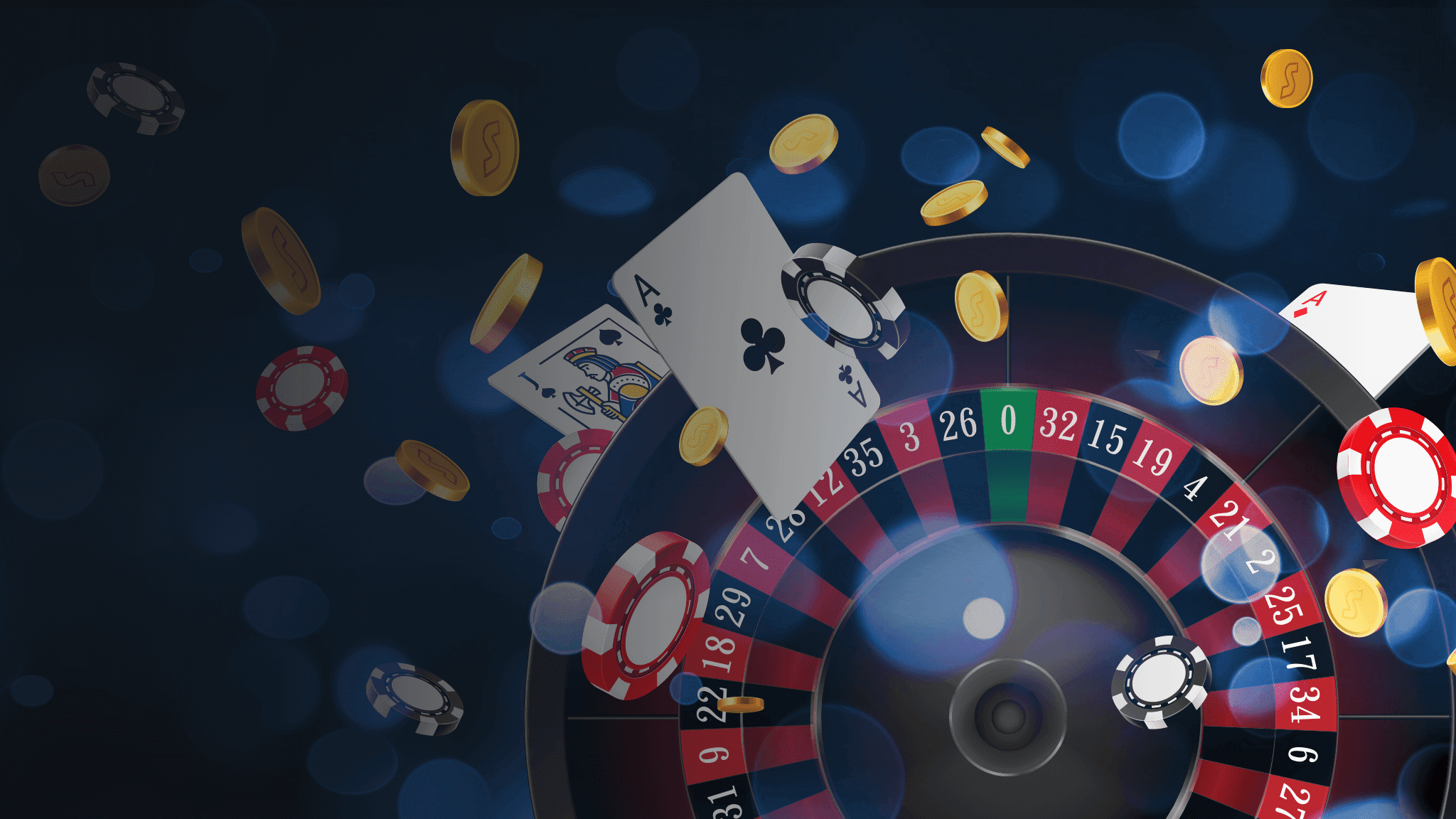When you step into a casino, you’re entering a world where mathematics plays a pivotal role in determining your chances of winning. From the roll of the dice to the spin of the roulette wheel, every casino game is governed by mathematical principles that ensure the house always has an edge. In this article, we’ll delve into the fascinating world of casino mathematics, exploring concepts like odds, probability, and the infamous house edge.
Understanding Odds and Probability

Odds are a fundamental concept in casino games. They represent the ratio of the probability of winning to the probability of losing. For example, in a game of flipping a coin, the odds of getting heads are 1 to 1, as there is an equal chance of it landing heads or tails. In contrast, casino games often offer odds that are less favorable to players, creating an advantage for the house.
Probability is closely related to odds and is the likelihood of a specific outcome occurring. In games of chance, calculating probability is essential for understanding your chances of success. Probability helps players make informed decisions about which bets to place and when.
The House Edge
The house edge is a critical concept in casino mathematics. It’s the built-in advantage that the casino has over players in every game. This advantage ensures that, over time, the casino will make a profit. The house edge is typically expressed as a percentage, representing the average amount the casino expects to win from each bet.
Different casino games have varying house edges. For instance, in American Roulette, the house edge is around 5.26% due to the presence of the double zero (00) on the wheel. In contrast, Blackjack, when played with optimal strategy, can have a house edge as low as 0.5% or even lower, making it one of the more favorable games for players.
Randomness and Variance
Casino games rely heavily on randomness and variance. These concepts are central to understanding the unpredictability of outcomes. In games like slot machines, the outcome of each spin is entirely random, determined by a computerized random number generator (RNG). This randomness ensures that no player can predict or control the results, leveling the playing field.
Variance is the degree of unpredictability in the outcomes of casino games. Games with high variance, such as slot machines with large jackpots, can result in significant swings in a player’s bankroll. On the other hand, games with low variance, like certain types of bets in Craps, offer more stable and consistent results.
The Role of Strategy

While casino games are often associated with luck, strategy can influence the outcome. In games like Poker and Blackjack, skilled players can use strategy to reduce the house edge and improve their chances of winning. Counting cards in Blackjack or employing optimal betting strategies in Poker can shift the odds in the player’s favor. The mathematics behind casino games may seem complex, but they are the foundation of the entire industry. Understanding concepts like odds, probability, the house edge, randomness, variance, and strategy can enhance your gaming experience and help you make more informed decisions. Remember that while the house always has an edge, a combination of skill and luck can still lead to thrilling wins in the world of casino mathematics. So, next time you visit a casino, take a moment to appreciate the intricate mathematics that shape the games you play.

Leave a Reply